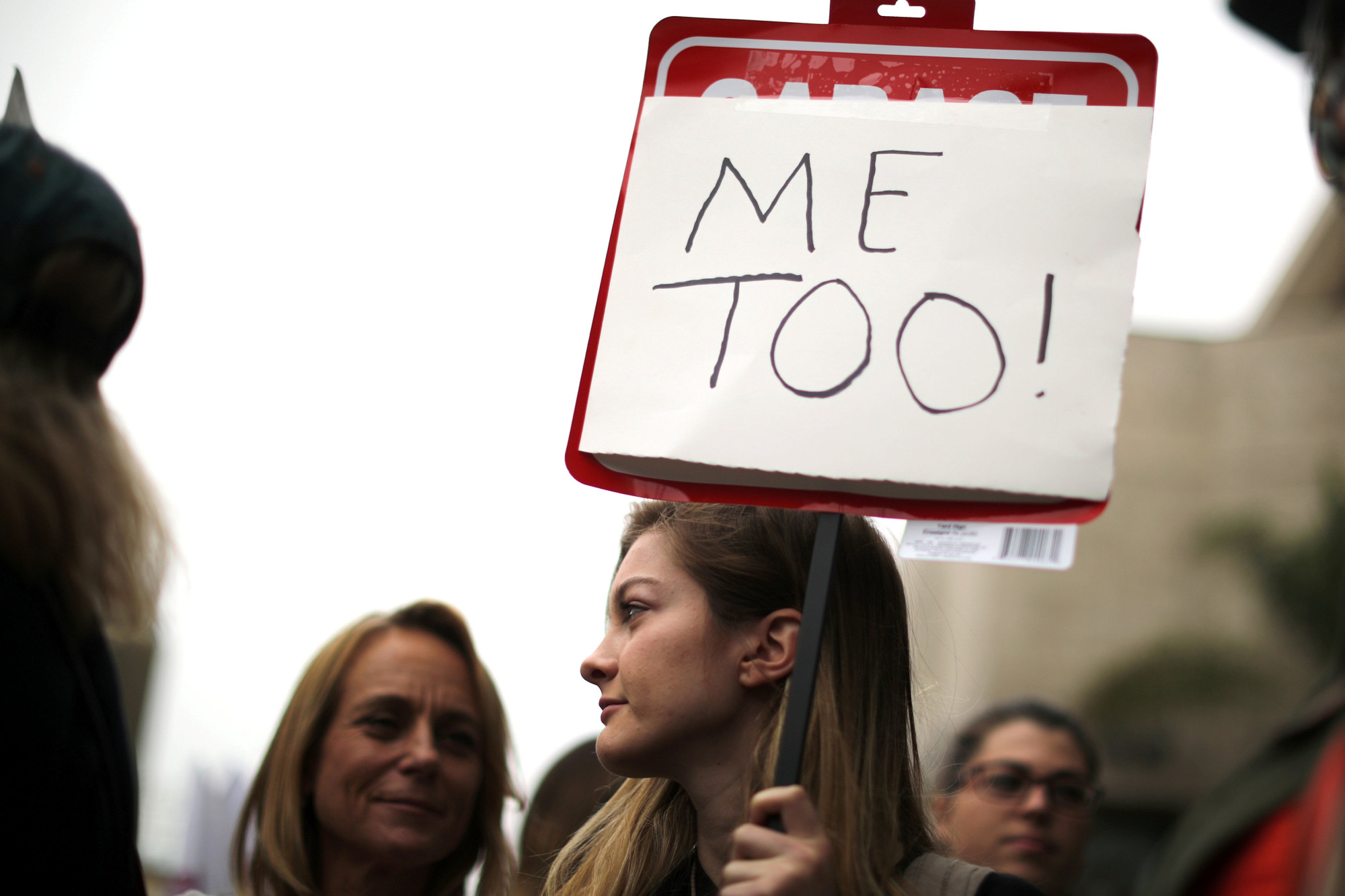Me too. Me too. Me too. When our friends and colleagues are the accusers, when our neighbors and peers are the accused, the problem stares us in the face from a proximity so intimate that we cannot dismiss it with a simplistic response. All that's clear is that the problem is real, and the solutions will not be simple.
In early October, The New York Times and the New Yorker magazine published allegations that Hollywood power broker Harvey Weinstein had spent decades aggressively sexually harassing women he worked with — and women he might be willing to work with, if only they would first hold still while he mauled them.
By early November, allegations were breaking left and right about men in all walks of life that offer even a little bit of fame: politicians, journalists, and even Ryan Lizza and Glenn Thrush, who worked for the publications that had broken the Weinstein story. We got a hashtag, #MeToo; we got people proclaiming confidently that we were seeing the dawn of a new era. And then, scant months into the revolution, we got a backlash. Did we really need to destroy so many men?



















With your current subscription plan you can comment on stories. However, before writing your first comment, please create a display name in the Profile section of your subscriber account page.